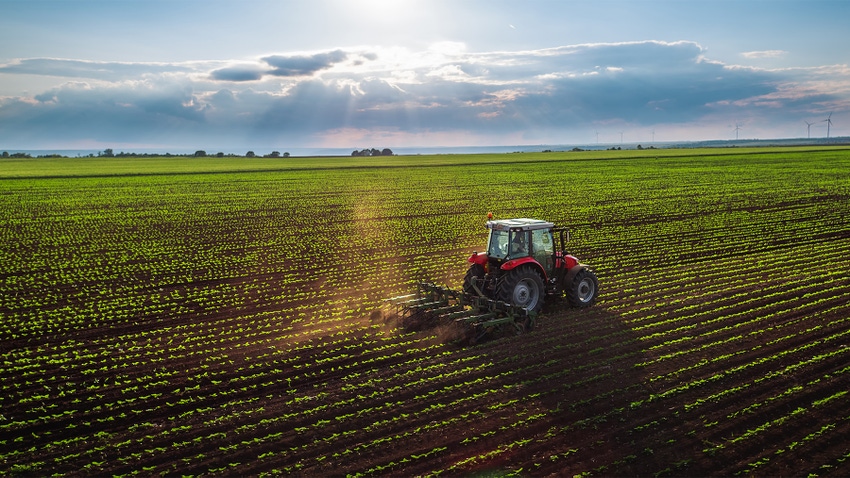
Another winter meeting season has come and gone, and the focus now is on getting seed in the ground. There’s hope that 2024 will indeed be that perfect year where the weather cooperates, prices strengthen, pests are overcome, all to produce a bountiful, bumper crop come autumn.
This year’s winter meetings once again provided knowledge to help farmers navigate another challenging crop year. There was no shortage of quotable quotes from the various meetings. Here are just a few that stuck with me:
“The conventional wisdom is the earlier you plant, the taller your soybeans are going to get. That’s not what we’ve seen. March beans are often some of our shortest beans, less than 36 inches, often shorter than our double crop beans planted in June. Our taller beans are usually planted in April or May,” North Carolina State University Extension Soybean Specialist Rachel Vann said at a Feb. 13 Soybean School at the Maxell Center in Goldsboro.
“These are places in which you can target scouting to try to understand and use that landscape to your advantage, knowing that there are a lot of stinkbugs likely coming out of wheat fields and moving into the next suitable host. So, thinking more like a stinkbug is important here, and thinking about places you might need to scout more diligently, particularly in crops like full season soybean or corn,” North Carolina State University Extension Entomologist Anders Huseth said at the Goldsboro soybean school
.jpg?width=NaN&auto=webp&quality=80&disable=upscale)
North Carolina farmers attend a soybean school Feb. 13 at the Maxwell Center in Goldsboro. (John Hart Photo)
“We have seen this gain in genetics that allows us to at least have some hope of making respectable and profitable yields. The challenge for you is to use those genetics correctly, to put them in the right place at the right time,” North Carolina State University Extension corn specialist Ron Heiniger said at an Extension meeting at the Bertie County Extension Center in Windsor Feb. 19.
“If we can’t have an economic benefit going into this, they’re not going to wait five to six to seven years to see the soil benefits moving forward,” Virginia Tech conservation agronomist Hunter Frame said of cover crops in a panel at the North Carolina Commodity Conference.
“A lot of times, folks didn’t apply a PRE, or they applied a PRE that doesn’t have very good grass control,” North Carolina State University Extension weed specialist Charlie Cahoon said at an Extension cotton meeting Feb. 15 at the East Carolina Agriculture and Education Center in Rocky Mount, where he emphasized the importance of using both preemergent and post- emergent to control weeds.
Spring planting is the most hopeful time for farmers when they take the knowledge gained from winter meetings and other sources, along with their expertise and experience, and begin their courageous journey to harvest. My hope, and the hope of anyone who likes to eat, is that 2024 will be the best crop year we have ever seen.
Read more about:
Early PlantingAbout the Author(s)
You May Also Like






